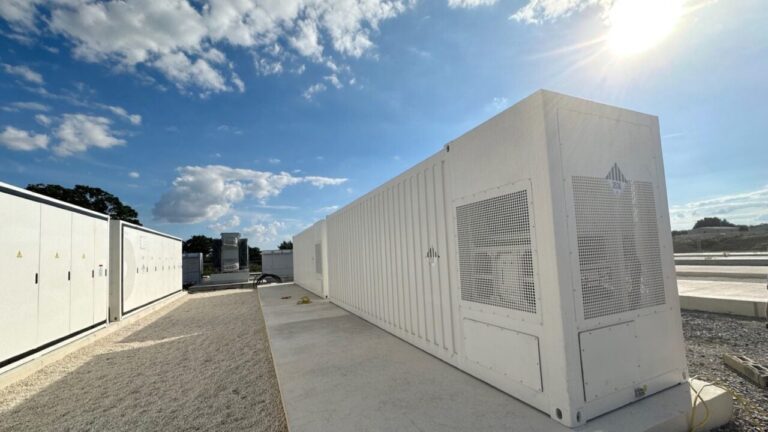British consultancy Cornwall Insight has published forecasts that profits from battery storage units will recover by 2026.
The company’s GB Battery Revenue Forecast shows that, after “an extended period of underperformance”, annual revenues for 2-hour assets will increase from around £96/kW in 2025 to £108/kW in 2026. Other periods should undergo similar periods. growth, which is attributed to rising wholesale prices, additional price volatility and an increase in renewable energy sources in the coming years.
A small slowdown in annual revenues is forecast towards the end of the decade, in line with Cornwall Insight’s wholesale energy price forecasts, alongside greater saturation of the battery storage market. However, these levels will be higher than where they are now.
Principal Analyst at Cornwall Insight Joe Camish said: “After a challenging period for battery asset owners in the UK, we forecast a recovery in battery storage revenues over the next two years. This will be encouraging news for investors and asset owners, and will signal a more robust and sustainable future for battery storage investments for the remainder of the decade.
“This is underlined by our recent modeling which expects sales levels to remain above current levels, supported by greater wholesale price volatility in the late 2020s.”
UK battery revenues peaked in August, according to analysis from Modo Energy, which reported that battery energy storage systems (BESS) achieved the second highest daily total revenue so far in 2024, capped at £250/MW on August 21. .
So far in 2024, Britain has seen prices fall below zero for a total of 147 hours – 44 more than in all of 2023. Modo Energy predicts that the number of negatively priced hours will total 188 hours by the end of the year. This increase in negatively priced periods contributed to an increase in BESS revenues at the end of August.
The full version of this article can be found on our sister site, Current±.


